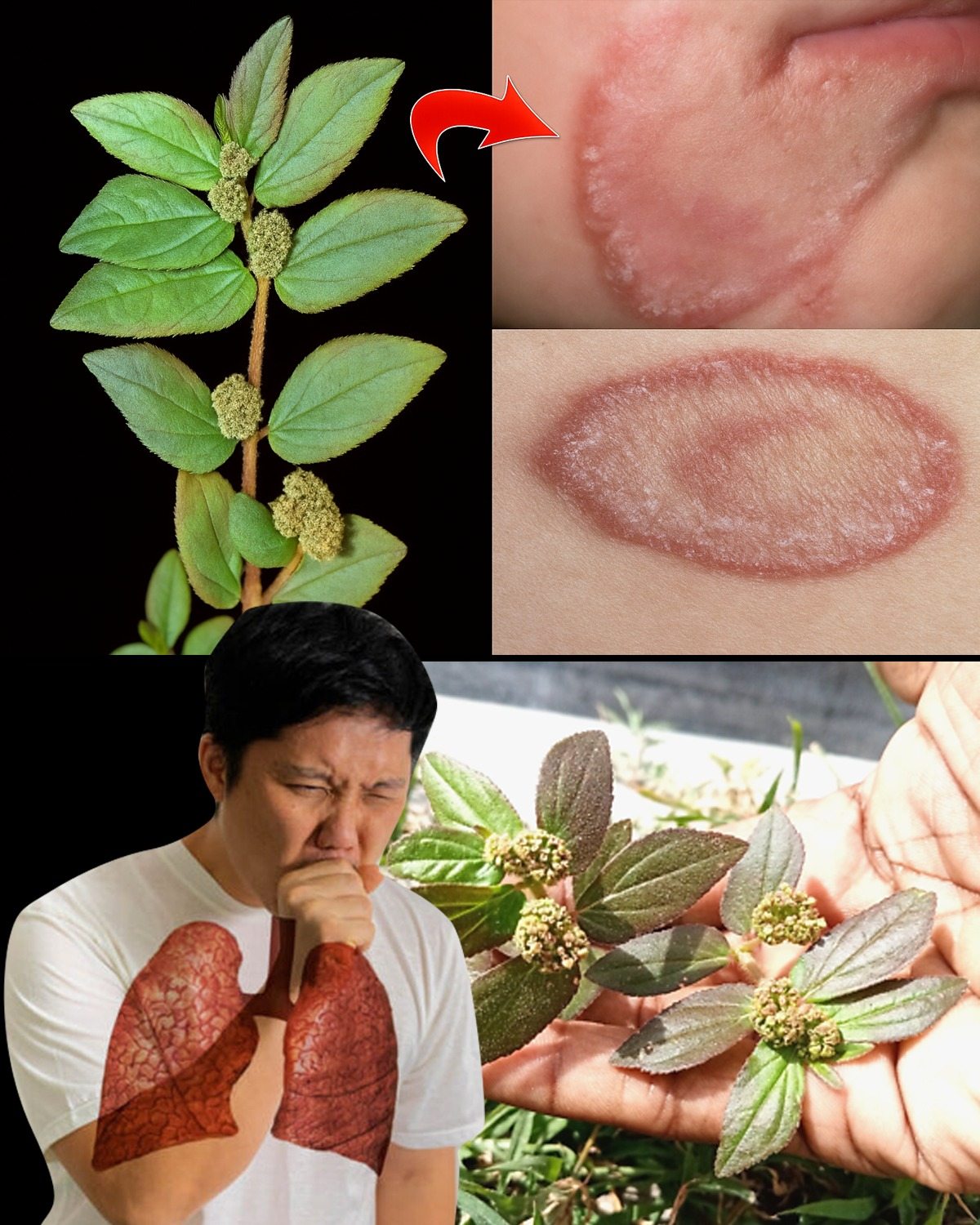Did you know 75% of adults over 40 overlook natural remedies growing in their own backyards that could ease everyday ailments like dry eyes or breathing woes? Imagine plucking a humble, fern-like weed from your garden, crushing its leaves to release a faint, milky sap with an earthy tang, and feeling your strained eyes or tight chest sigh in relief. Rate yourself on a scale of 1-10: How refreshed do your eyes and lungs feel right now? Hold that thought. As someone over 40, have you ever felt frustrated by itchy eyes or shortness of breath that steals your breath? What if this unassuming plant—Euphorbia hirta, the “asthma weed”—could be your backyard fortune in wellness? Stick around as we uncover 15 compelling reasons why Euphorbia hirta is the overlooked hero for soothing eyes, supporting breathing, and more. You’ll be surprised by the science and stories behind this sensitive succulent.
The Everyday Ailment Struggle Is Real
Turning 40 often means facing unexpected hurdles—itchy, dry eyes from screens, wheezing breaths during walks, or nagging digestive issues that disrupt your day. A 2023 survey found 68% of adults report respiratory discomfort, while 55% battle eye strain weekly. It’s frustrating when a simple allergy flare leaves your vision blurry or a cough lingers into weeks. Sound familiar? But it’s not just annoyance—untreated eye irritation can lead to chronic dryness or infections, and breathing woes may signal deeper inflammation. Have you paused to assess your eye comfort on a scale of 1-5? You’ve probably tried eye drops or inhalers, but they often dry out further or mask symptoms without healing. Here’s why they fail: they ignore nature’s holistic balancers like Euphorbia hirta. But what if I told you there’s a completely different approach? The excitement is just beginning.
Why Euphorbia Hirta Deserves a Spot in Your Garden
Picture this: You’re 45, scrolling on your phone, but by evening, your eyes burn and your chest tightens. You know that feeling when your body craves relief? Euphorbia hirta, with its thigmonastic leaves that fold at a touch, isn’t just a curiosity—it’s a powerhouse of flavonoids, alkaloids, and antioxidants. Traditionally brewed into teas or crushed into poultices, it soothes eyes, opens airways, and more. Let’s dive into the first four benefits that lay the foundation for a resilient you.
Ver continuación en la página siguiente
